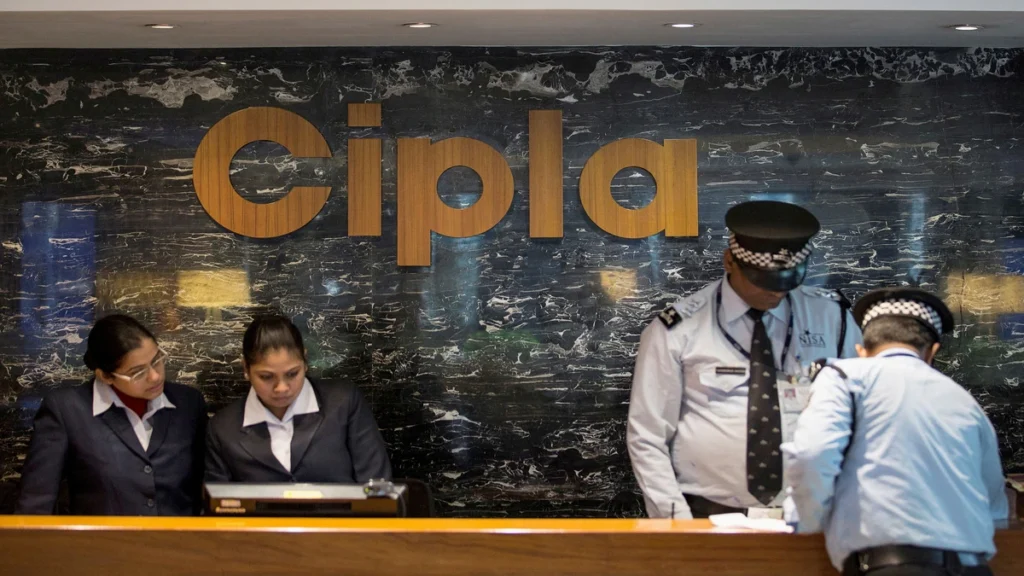Cipla's Field Call
Cipla, a leading global pharmaceutical company, has established itself as a powerhouse in the Indian healthcare industry, known for its robust field force and innovative approaches to healthcare delivery. The term “Cipla Field Call” refers to the strategic engagement of Cipla’s field force—its team of medical representatives and professionals who connect with healthcare providers (HCPs) to promote products, share medical knowledge, and enhance patient care. This blog post explores the context of Cipla’s field call strategy, its significance in the pharmaceutical landscape, and how it leverages clusters to optimize its operations.
Cipla is the third-largest player in India’s domestic prescription (Rx) market, with a strong presence in respiratory, urology, and anti-infective segments. Its field force, comprising over 7,500 professionals, engages with 85% of physicians in India, ensuring that at least one Cipla product is prescribed by most HCPs. This extensive outreach is critical to Cipla’s mission of providing affordable and accessible healthcare solutions. The field call strategy is a cornerstone of Cipla’s operations, enabling direct communication with doctors, pharmacists, and other stakeholders to educate them about Cipla’s products and therapies, such as those for asthma management through initiatives like Breathefree.
Cipla’s field force operates in a highly competitive environment, where pharmaceutical companies vie for HCP attention. The field call process involves structured visits, product detailing, and feedback collection, all aimed at building trust and fostering long-term relationships with healthcare providers. Additionally, Cipla’s digital platforms, such as ciplafield.com, support field operations by providing tools like DCR (Daily Call Reporting), EAS (Employee Access System), and DSAS (Distributor Sales Analysis System), which streamline communication and data management for the field team. These platforms enhance efficiency and ensure compliance with regulatory standards, as evidenced by Cipla’s FY25 Annual Secretarial Compliance Report, which confirms adherence to SEBI regulations.

Cipla’s Field Call Strategy
In the context of Cipla’s field operations, “clusters” refer to the strategic grouping of geographical regions, HCP specialties, or product portfolios to optimize field force deployment. By organizing their operations into clusters, Cipla ensures targeted outreach, efficient resource allocation, and tailored engagement strategies. Here’s how clusters play a pivotal role:
- Geographical Clusters: Cipla divides its field operations into regional clusters, such as urban and rural areas or specific states, to address diverse healthcare needs. For instance, in South Africa (SAGA), Cipla is a leading player in the private Rx market, leveraging localized clusters to adapt to regional healthcare dynamics. This approach ensures that field representatives focus on high-impact areas, reducing travel time and increasing HCP interactions.
- Therapeutic Clusters: Cipla’s leadership in respiratory care, urology, and anti-infectives allows it to create clusters based on therapeutic areas. Field representatives specialize in specific clusters, enabling them to deliver in-depth product knowledge and clinical insights to HCPs. For example, the Breathefree initiative, with over 5 lakh downloads, is a digital tool promoted by field teams to support asthma management, showcasing Cipla’s focus on respiratory health.
- HCP Clusters: Cipla segments HCPs into clusters based on their specialties, prescription patterns, or influence within the medical community. This allows field representatives to tailor their pitches, focusing on high-value HCPs who are more likely to prescribe Cipla products. The fact that 85% of physicians prescribe at least one Cipla product underscores the effectiveness of this clustering strategy.
- Digital and Operational Clusters: Cipla integrates digital tools to create operational clusters that enhance field efficiency. Platforms like ciplafield.com and Cipla’s Nalanda learning portal enable field teams to access real-time data, training, and reporting tools. These digital clusters streamline workflows, ensuring that representatives can focus on building relationships rather than administrative tasks.
Why Cipla’s Field Call Strategy Matters
Cipla’s field call strategy is a key driver of its market leadership and growth. Despite a modest sales growth of 9.97% over the past five years, Cipla has achieved a robust profit growth of 30.2% CAGR, reflecting the efficiency of its field operations. The company’s ability to maintain a healthy dividend payout of 24.8% and reduce debt further highlights its operational strength.
Moreover, Cipla’s field force plays a critical role in its global expansion, particularly in North America, where it is the fastest-growing generic player. By leveraging clusters, Cipla ensures that its field representatives are well-equipped to navigate diverse markets, regulatory environments, and healthcare needs. The recent USFDA inspection at Cipla’s Bommasandra facility, which resulted in only one Form 483 observation, underscores the company’s commitment to quality and compliance, further empowering its field force to promote trusted products.
Challenges and Opportunities
While Cipla’s field call strategy is robust, it faces challenges such as increasing competition, regulatory scrutiny, and the need to adapt to digital-first healthcare ecosystems. The decline in promoter holding by 4.43% over the past three years and an increase in working capital days from 158 to 227 indicate areas for improvement in operational efficiency. However, Cipla’s investment in digital tools and its ESG rating of 65 by NSE Sustainability Ratings on June 6, 2025, reflect its proactive approach to addressing these challenges.
Opportunities abound for Cipla to enhance its field call strategy. By further integrating AI and data analytics into its clustering approach, Cipla can optimize HCP targeting and personalize engagement. Expanding its digital Breathefree initiative and leveraging platforms like ciplafield.com can also enhance field force productivity and reach.
Conclusion
Cipla’s field call strategy, underpinned by a sophisticated clustering approach, is a testament to its commitment to healthcare excellence. By organizing its field force into geographical, therapeutic, HCP, and digital clusters, Cipla maximizes its impact in the competitive pharmaceutical landscape. As the company continues to innovate and expand globally, its field call operations will remain a critical driver of growth, ensuring that Cipla’s mission of affordable healthcare reaches millions worldwide.